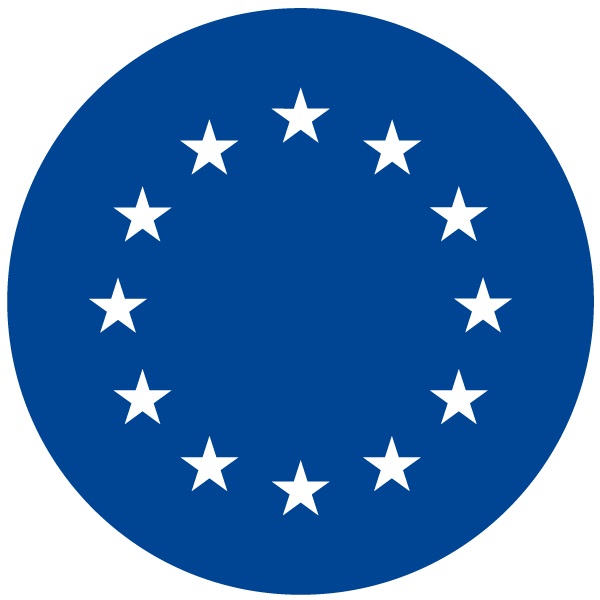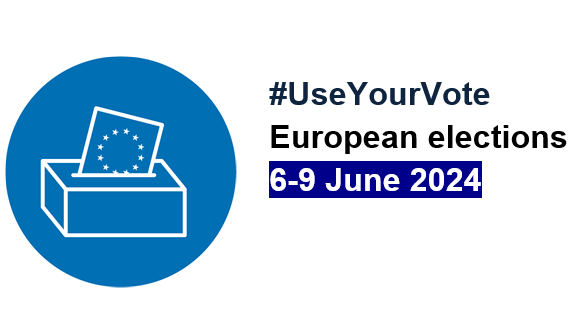
Since the last elections, the European Union has developed numerous rules to protect consumers and strengthen their rights. However, the evolution of consumption habits, especially towards the digital realm, makes it necessary for Europe to continue advancing with legislation that responds to current and future needs arising from the increasing digitalization and incorporation of Artificial Intelligence-based technologies. Coinciding with Europe Day, celebrated annually on May 9th, and just one month before the upcoming European elections (June 9th), the ECC-Net presents its recommendations to strengthen consumer rights during the next term of the European Parliament.
Secure Online Shopping
With the aim of building a strong single digital market and providing greater protection for European consumers, the European Consumer Centres propose to future Members of the European Parliament to take various measures, especially in the following areas:
• More transparency and security in Marketplace platforms. Marketplaces facilitate contact between buyers and sellers. However, consumers often have trouble identifying sellers when making purchases on these intermediary platforms. Furthermore, in Marketplaces, it is sometimes possible to buy products imported from third countries that do not always comply with European safety regulations.
• Strengthening the security of online payments. The European Consumer Centres call on online payment service providers to strengthen security measures to better detect and prevent fraud. Similarly, new measures are needed to facilitate consumer reporting of potential fraud. The ECC-Net believes it is necessary for consumers to have easier access to refunds in case of problems or fraud through chargeback mechanisms offered by card issuers.
• Clear rules and new responsibilities to regulate the activity of influencers. According to a European Commission investigation, only 20% of influencers clearly identify their commercial posts as advertisements. The remaining 80% should be reported by authorities for non-compliance with European rules.
Artificial Intelligence and Consumer Protection
Artificial Intelligence (AI) is increasingly present in our consumption habits and is frequently used by online stores, digital platforms, or social networks. This technology uses algorithms that, based on our personal data, can determine which products we are most likely to purchase. To mitigate these risks, the European Union has recently published an AI law, providing the first legal framework in this area. Now, to ensure that AI also serves consumers' interests, the ECC-Net has defined a series of recommendations. For example, it suggests that consumers should be promptly informed when an algorithm uses their personal information (related to their purchasing behavior, health, or finances) to sell them goods and services. Similarly, when a company offers AI-powered chatbot customer service, consumers should always have the option to contact a human being instead. Moreover, given the rapid technological evolution of AI, the ECC-Net believes that European regulations should be frequently adjusted and reformed to adapt to both current and future needs.
Improving Travelers' Rights
Adapting regulations on transportation and travel is one of the upcoming legislative priorities of the EU. In this regulatory adaptation process, the ECC-Net warns that consumers need better protection in case airlines go bankrupt. This is one of the conclusions reached by the ECC-Net, especially in the context of the pandemic, observing that European passengers lose an average of 431 euros in case of airline bankruptcies. Hence, it is urgent to establish a guarantee system to protect consumers against airline insolvency.
Likewise, for the ECC-Net, the European regulation that defines air passenger rights since 2004 also needs to be revised. For example, it is necessary to clarify what constitutes an "extraordinary circumstance" and list specific examples that would justify - in these cases – non-compensation from the airline. Additionally, the ECC-Net believes it is important to establish standardized weight and size limits for airplane luggage. This would make it easier to compare prices at the time of booking.
As for intermediary booking platforms, the ECC-Net believes they should assume responsibilities when they do not comply with European regulations. This is the case with many online booking platforms and price comparison websites that display prices very opaquely or are reluctant to refund the ticket price in case of cancellation.
More recommendations from the ECC-Net to improve consumer rights: Empowering the Consumer: ECC-Net's Recommendations Post-European Elections 2024/2029 (English).
More information on consumer rights in Europe.

More information: